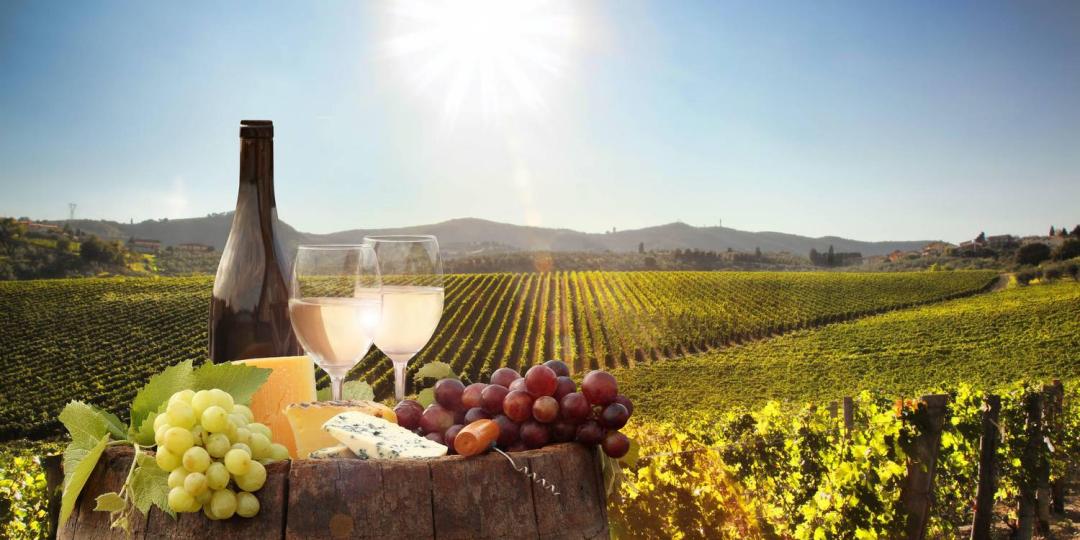The first two weeks of South Africa’s alcohol ban – announced by President Cyril Ramaphosa on December 28 – cost the Western Cape economy R1bn (€5.4m).
“Now, nearly a month after the restrictions came into force, we believe that the evidence clearly points to the need to relax these restrictions in order to save jobs,” said Western Cape Minister of Agriculture, Ivan Meyer, pointing out that if the ban continued for the full month, which it now seems likely to do, it would end up costing the economy R2bn (€10.8m).
This need was reiterated earlier this month by Vinpro Wine Tourism Manager, Marisah Nieuwoudt, who said the stop-go on alcohol sales had put a huge damper on planning for businesses and had affected recovery of the wine tourism sector.
“Government needs to recognise that the wine industry is different from the other alcohol industries and that the wine tourism industry needs consistency,” she said.
Nieuwoudt said the wine industry body was committed to supporting government and the wine industry by presenting feasible alternatives to blanket bans on alcohol sales.
Ministerial intervention sought
To this end, Meyer said he had written to the Minister of Agriculture, Rural Development and Land Reform, Thoko Didiza, to request her assistance in lifting the third ban on wine and other liquor sales.
“The Western Cape Government accepted the restrictions that were announced by the President as a last resort in order to protect our healthcare system during an unprecedented surge, and over a period of time when alcohol-related trauma was expected to spike.
“We, however, argued that it should be for fourteen days only and reviewed every seven days thereafter, based on scientific evidence,” said Meyer.
He said the province was now seeing a decline in active and newly reported daily COVID-19 cases. “All other indicators are also pointing to the Western Cape having passed its peak, and the surge – which caused such pressure on the health system – being over.”
That is why wine sales should now be allowed in line with the "differentiated approach” envisaged during the President’s speech of December 14, Meyer pointed out.
Meyer has asked for Didiza to change the regulations as follows:
- Alcohol sales be permitted offsite from Monday to Thursday, and not permitted on the weekend;
- Alcohol sales be permitted at wine farms on the weekend, as this is the time when most visitors come to wine farms. Such sales are critical for the survival of wine tourism in the Western Cape; and
- Onsite alcohol consumption be allowed. If restaurants cannot sell alcohol with dinner service, they will not remain profitable and will be forced to close.























